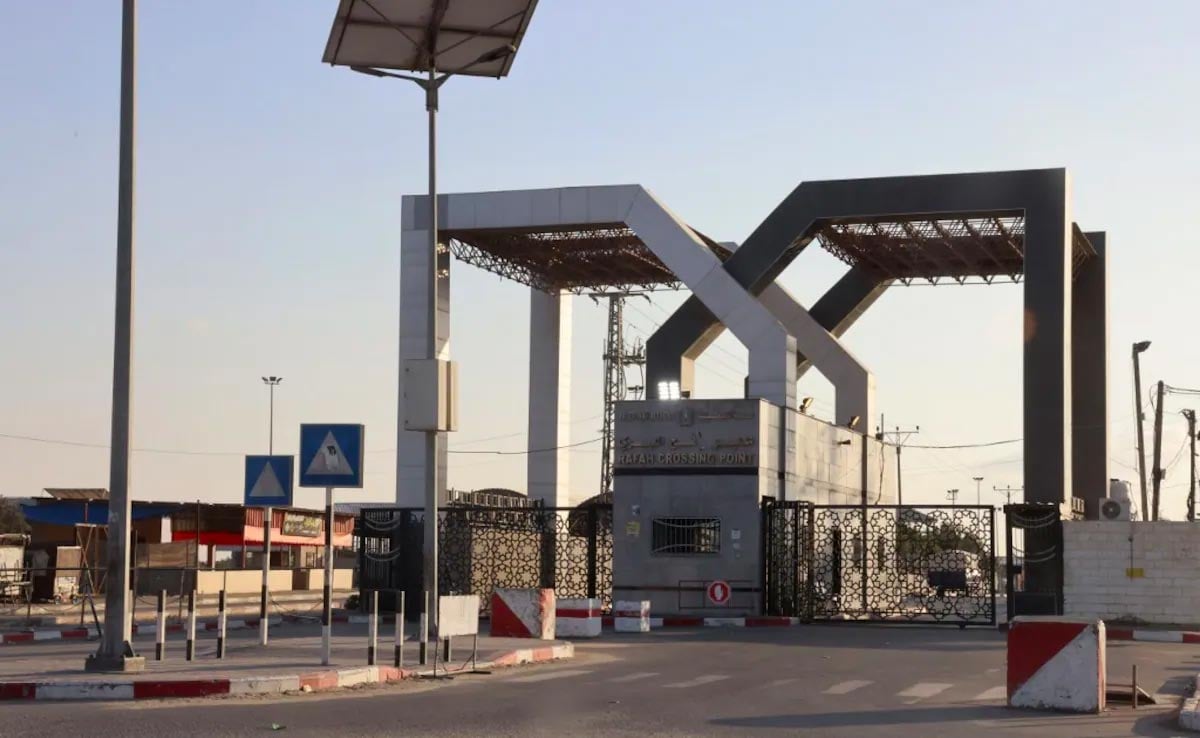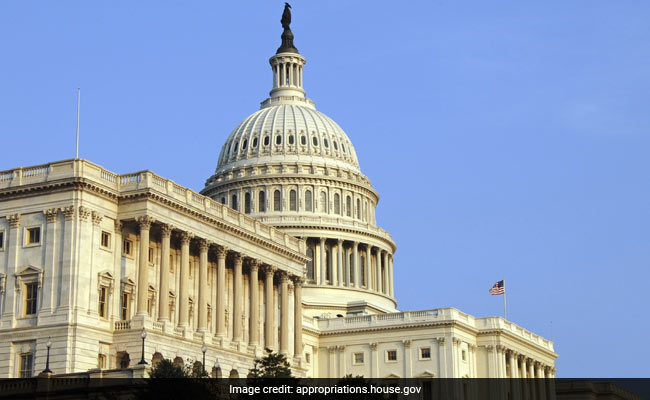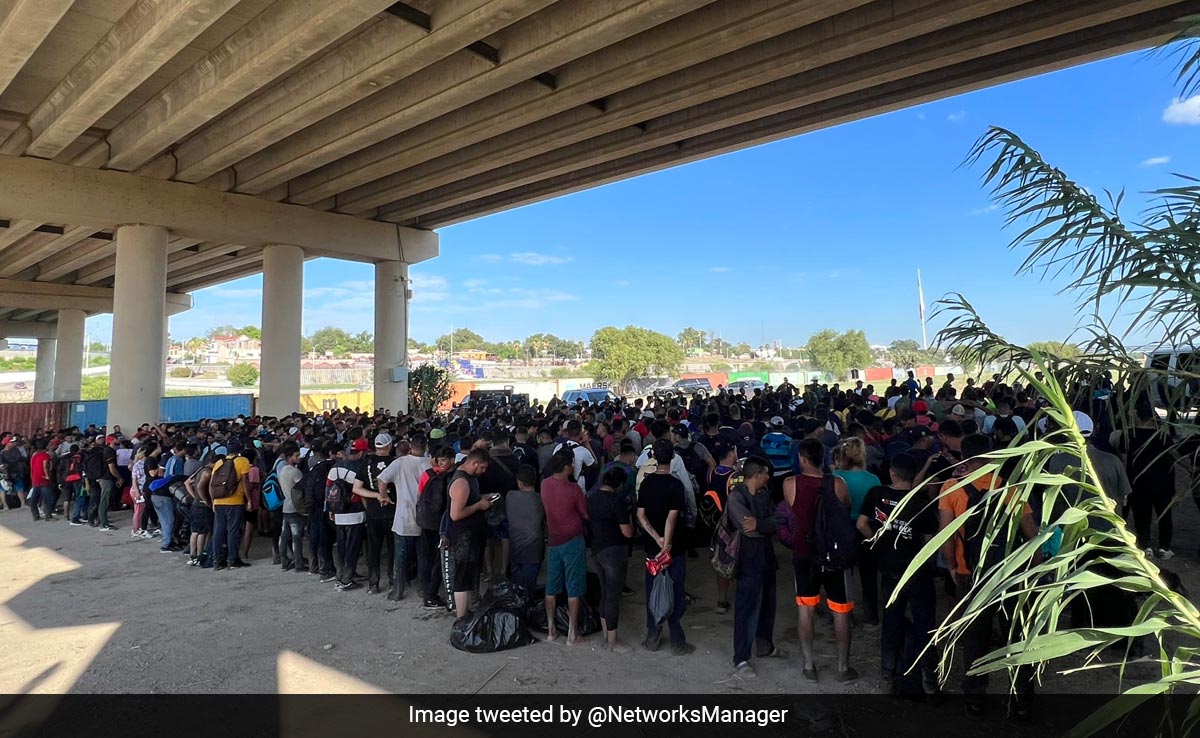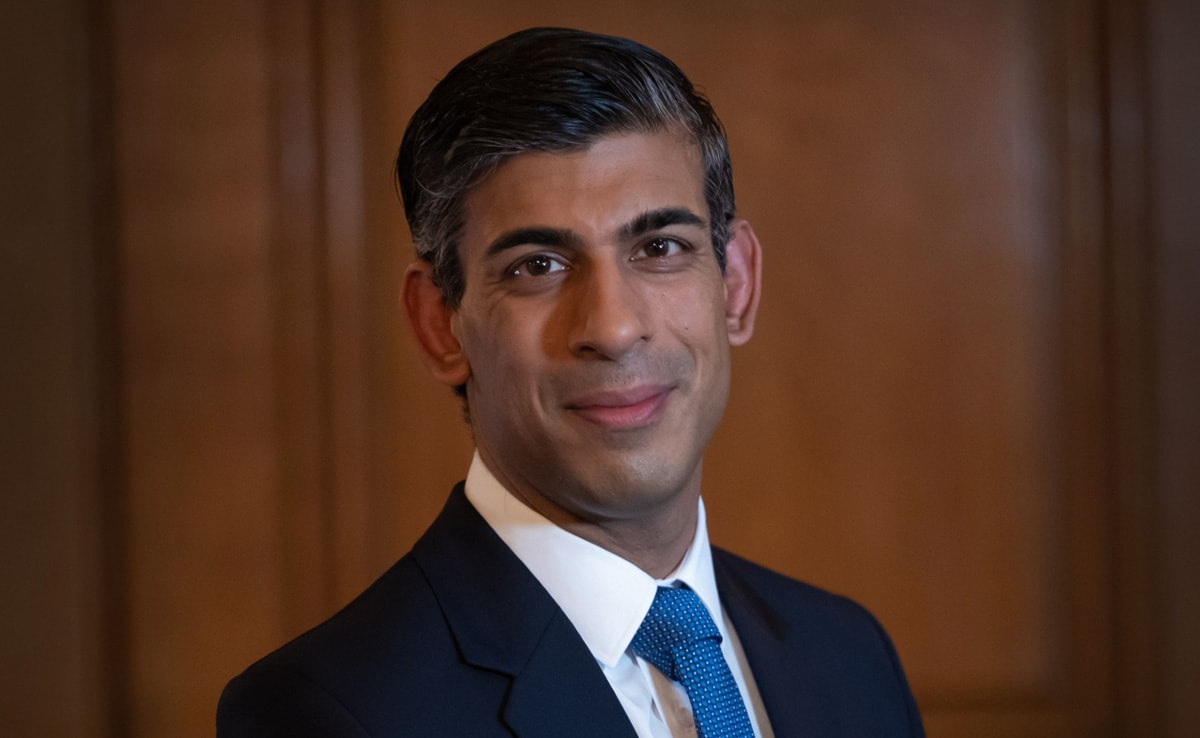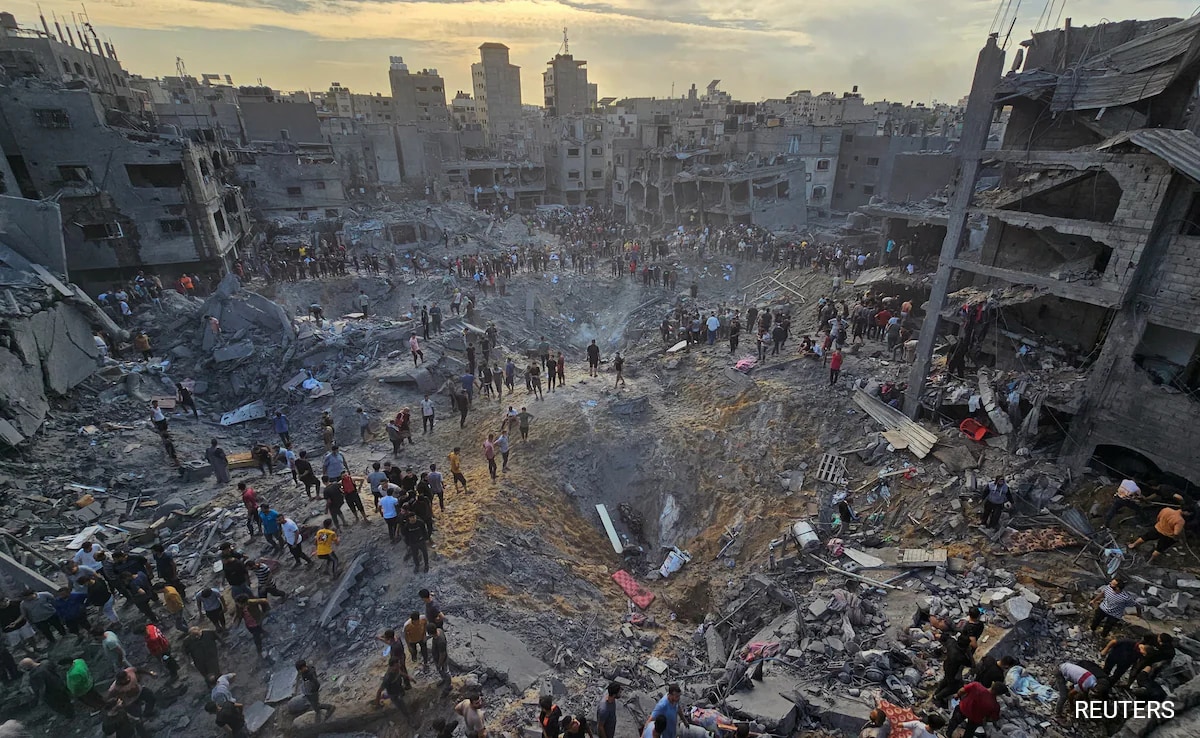An incoming Israeli military strike on buildings in Gaza City, as seen from the border area on October 23, 2023 near Sderot Israel.
| Photo Credit: Leon Neal
Israel is determined to crush Hamas but has said little about what would replace its rule in Gaza after the war, with observers expecting Washington will play a decisive role.
“One thing is clear: the Gaza Strip will not be ruled by Hamas once this war is over,” Israeli government spokesman Eylon Levy told AFP as Israel’s military steps up strikes in preparation for a widely-expected ground offensive.
In the wake of the October 7 attacks, when militants from the Palestinian Islamist movement began a deadly cross-border assault that has killed 1,400 people, Israel has laid out just one objective: “Destroying Hamas”.
Also read: Israel-Hamas war, Day 17 LIVE updates on October 23
Since then, it has embarked on a brutal retaliatory bombing campaign, which Gaza’s Hamas-run health ministry says has now killed more than 5,000 people.
Despite four previous wars with Gaza’s Hamas rulers — in 2008, 2012, 2014 and 2021 — Israel has never before threatened to completely overthrow the movement which rules this tiny territory of 2.4 million people.
The territory, which has been languishing under an Israeli and Egyptian blockade since Hamas took control in 2007, has since October 7 suffered a spiralling humanitarian crisis, largely deprived of water, food and other basic supplies and more than a million people displaced.
Although Israel withdrew its soldiers and settlers from Gaza in 2005, ending an occupation that began in 1967, the international community considers it responsible for the tiny territory’s primary needs — energy, food and medicine.
‘Handing over the keys’
Prime Minister Benjamin Netanyahu has called it a “do or die” war. And his government is hoping to end all responsibility for Gaza as part of a “new regional reality” it hopes will emerge after the war.
After the current air strikes and action inside Gaza, Defence Minister Yoav Gallant said a “third phase” would involve “the removal of Israel’s responsibility for life in the Gaza Strip, and the establishment of a new security reality for the citizens of Israel”.
But no minister talks about Gaza’s future government.
And nobody has raised the possibility of a new Israeli occupation of the enclave, the military and financial burden of such an eventuality being too high to bear.
“We are discussing possibilities with our partners,” said government spokesman Levy.
Israel wants to “hand over the keys” to a third party, a foreign ministry source said, speaking on condition of anonymity.
According to Eitan Shamir, a former Israeli government security specialist and now director of Jerusalem’s Begin-Sadat Center for Strategic Studies, Washington will have a decisive say in Gaza’s future.
The US, he said, already has an “overview” role in Israel’s action against Hamas.
“The favourite option of the Americans and Israelis would be an international structure with Palestinian Authority, with Saudi funding, for example,” Shamir told AFP, saying it could include US and European administrative help.
Regional players silent
US President Joe Biden has given Netanyahu strong support, visiting Israel last week and warning other regional players not to get involved while lining up almost $15 billion in military aid, even if he has warned Israel against letting its “rage” go too far.
But Washington has also not been clear about how it sees Gaza’s future.
“Something needs to be found that ensures Hamas can’t do this again but also doesn’t reverse to an Israeli governance of Gaza which they do not want,” US Secretary of State Antony Blinken told CBS television on Sunday.
“There are different ideas out there about what could follow and all of that needs to be worked, even as Israel is dealing with the current threat.”
The Israeli foreign ministry source raised Egypt as a possible saviour, although Cairo has resisted decades of pressure to take a greater role.
Egypt and Jordan are deeply concerned about the war unleashing a new flood of Palestinian refugees.
No Arab or Muslim state has so far proposed an intervention.
One option supported by Israeli opposition leader Yair Lapid is for Mahmud Abbas’ Palestinian Authority to take control.
The authority already cooperates with Israel in running parts of the occupied West Bank, but the ageing Palestinian leader has faced growing criticism since the war began.
But a report by the International Crisis Group said there was “little hope that the already deeply unpopular PA could return to Gaza on the back of an Israeli invasion and not be treated as an enemy.
“Moreover, it is not clear that Israel would want the West Bank and Gaza under a single authority,” the think tank said.

